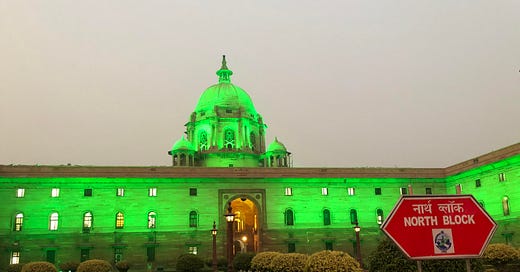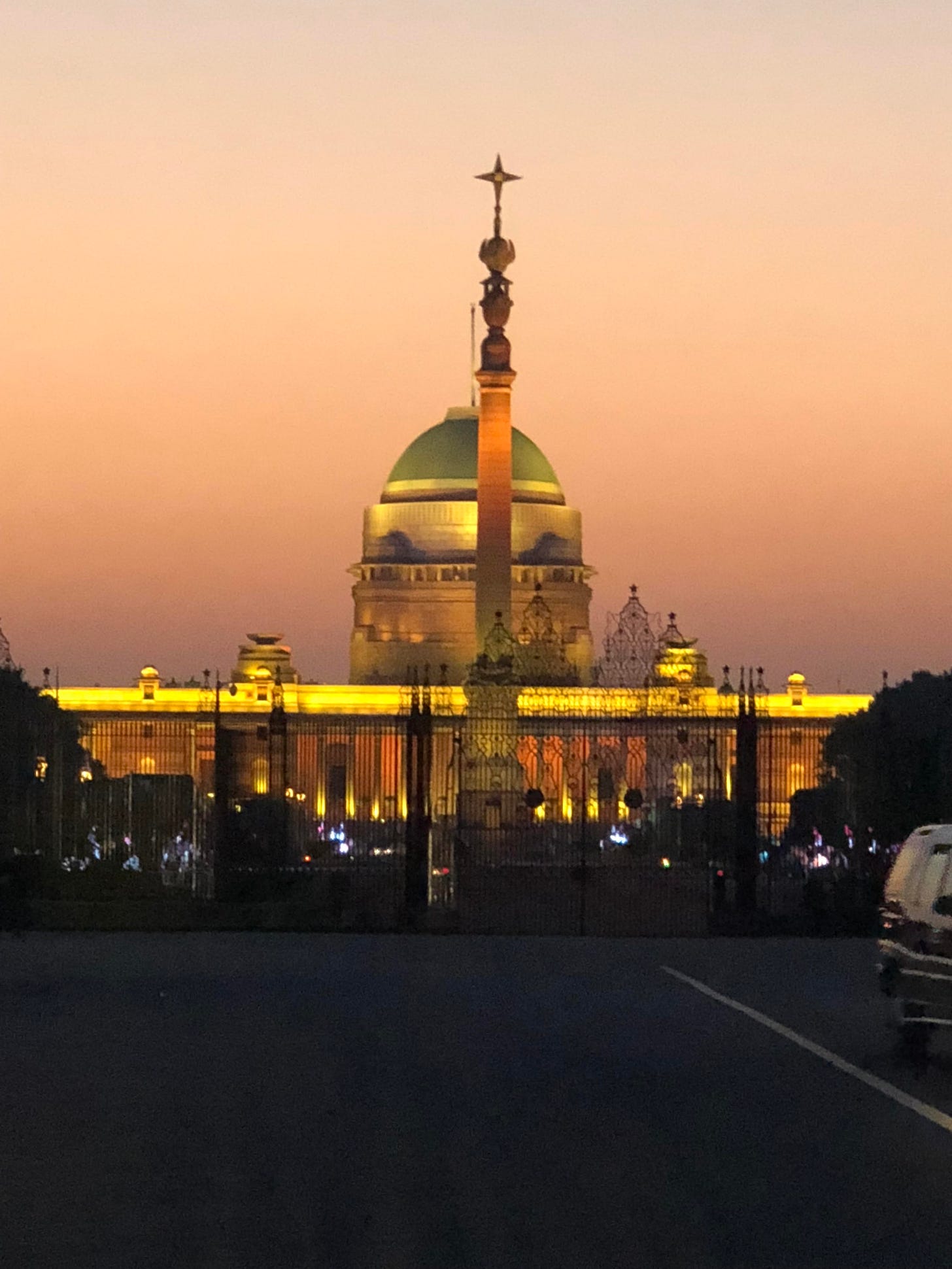Brand new "Customer Service" role for the IAS: pleasing top politicians and elite businessmen
"Customer, not the Constitution is Supreme: New motto of the IAS"
First published, 5 September, 2018 10:32 am IST
( https://theprint.in/opinion/ias-has-now-become-a-customer-service-pleasing-politicians-and-businessmen/111677/ )
ICS morphs in IAS: The IAS, the successor of the heaven-born Indian Civil Service of the British Raj, is under an increasing onslaught from the other All-India and Central Services. The latter has been clamouring for a greater share in the Joint and Additional Secretary level appointments at the Centre for a long time.
The Central Government is now, more than ever, convinced that the IAS cannot claim exclusive expertise or monopoly in different domains of public administration and branches of governance. The emerging scenario may lead to a re-imagining of the role of the IAS officer. Will they turn into an ICS officer again like in the British era? Only this time, the ‘C’ would stand for customer.
Policy-making their specialisation? In response to the Government’s recent proposals, the Central IAS Association has asserted that ‘policy-making’ is a specialisation in itself even as they conceded that there is perhaps a need to develop the career of IAS officers in broad sectors of public management.
Traditionally, the IAS has been at pains to demonstrate that it is fundamentally different from its earlier British avatar, the ICS. It is supposed to be an integral part of the federal, democratic polity under the Constitution of India. The focus, it is argued, has now changed from regulatory to developmental, from scheme implementation for beneficiaries to being facilitative agents for the clients.
Customer comes first: The IAS has morphed into the ICS: Indian Customer Service. The job of an IAS officer, at any level, is now to tackle a wide-variety of irate customers. But the tools in their hands are outdated and obsolete, and also their authority to do anything substantial is quite nebulous and often open to post-facto and frequent questioning by multiple agencies with 20/20 hindsight.
And the “customers” are not necessarily common citizens, but they now include legislators, political leaders at all levels, the executive, senior bureaucrats, journalists, rich businessmen, advocates, et al. These are the customers are not only looking for a “tatkal” service but also a “First Class” experience, irrespective of the merits of their case from a procedural or legal perspective.
Priorities matter: The time, resources and the capacity of a civil servant, and by extrapolation, of the bureaucracy in general, is severely limited. But their reputation is made or marred by the feedback of the elite class. And now, with the so-called 360-degree appraisal system, the elite class is also responsible for the officer’s “performance appraisal”, and no sensible bureaucrat would like to invite reprisals from them.A few years ago, while heading TRIFED, a National Cooperative responsible for the marketing of tribal produce and training of tribal youth, I discovered that the most effective Regional Officers were not those who provided relevant training courses but those who picked up the local MP’s choice of venue, timing and trade.
More recently, as in-charge of Relief and Disaster Management in Punjab, I found that the Deputy Commissioners who disbursed crop-damage relief to the elite landlords and MLAs on priority were lauded, while those who proceeded sequentially were labelled ‘laggards’.
Delight the Customer! So, what is the objective of the IAS or ICS officer now? The virtual motto seems to be: “Customer, not the Constitution, is Supreme”. The underlying objective of the officer becomes not merely to do what the elite customer desires but to make sure that she/he is not offended or peeved. The idea is that even when the job cannot be done for any reason—legal, financial, administrative or policy—every officer strives to make sure that the customer leaves with a belief that if the job wasn’t done it was not because of the officer’s lack of efforts but because of systemic constraints beyond their control.
No sensible officer ever says, “Sorry! This is patently illegal; it can’t be done!” He/she says, “I shall try my level best to try and find a way to get this done.”
Often the 5-star clients also know full well that the job for which they are approaching the officer cannot be done but they come on account of their own political compulsions and to satisfy their political constituency. The manner in which the officer deals with them is of tremendous importance to them, irrespective of the outcome of their work. Thus, form and manner, not the substance of words and actions, makes all the difference.
Common citizen’s fate? The “front desk” may quite literally be the “affront-desk” for commoners, but for those who truly matter it is the gateway to the exclusive “First Class Lounge”. The specialisation of the officer is to gauge the importance of the customer, not the gravity of his/her problem, and deal accordingly. The officer’s ability to change the customer’s facial expression from a scowl or frown to a 1000-Watt Madhuri Dixit smile, depending on the customer, is a quality that is highly valued. For the special customers, there is always a red-carpet that can be rolled out at a moment’s notice, notwithstanding the officer’s “prior engagements and meetings”, dealing with the routine “red-tape”.
_________________________________________________________________
The author is an IAS officer of 1984 batch of Punjab cadre. He retired in July, 2021 as Special Chief Secretary, Punjab. The views expressed are his own. He can be reached at kbs.sidhu@gmail.com





